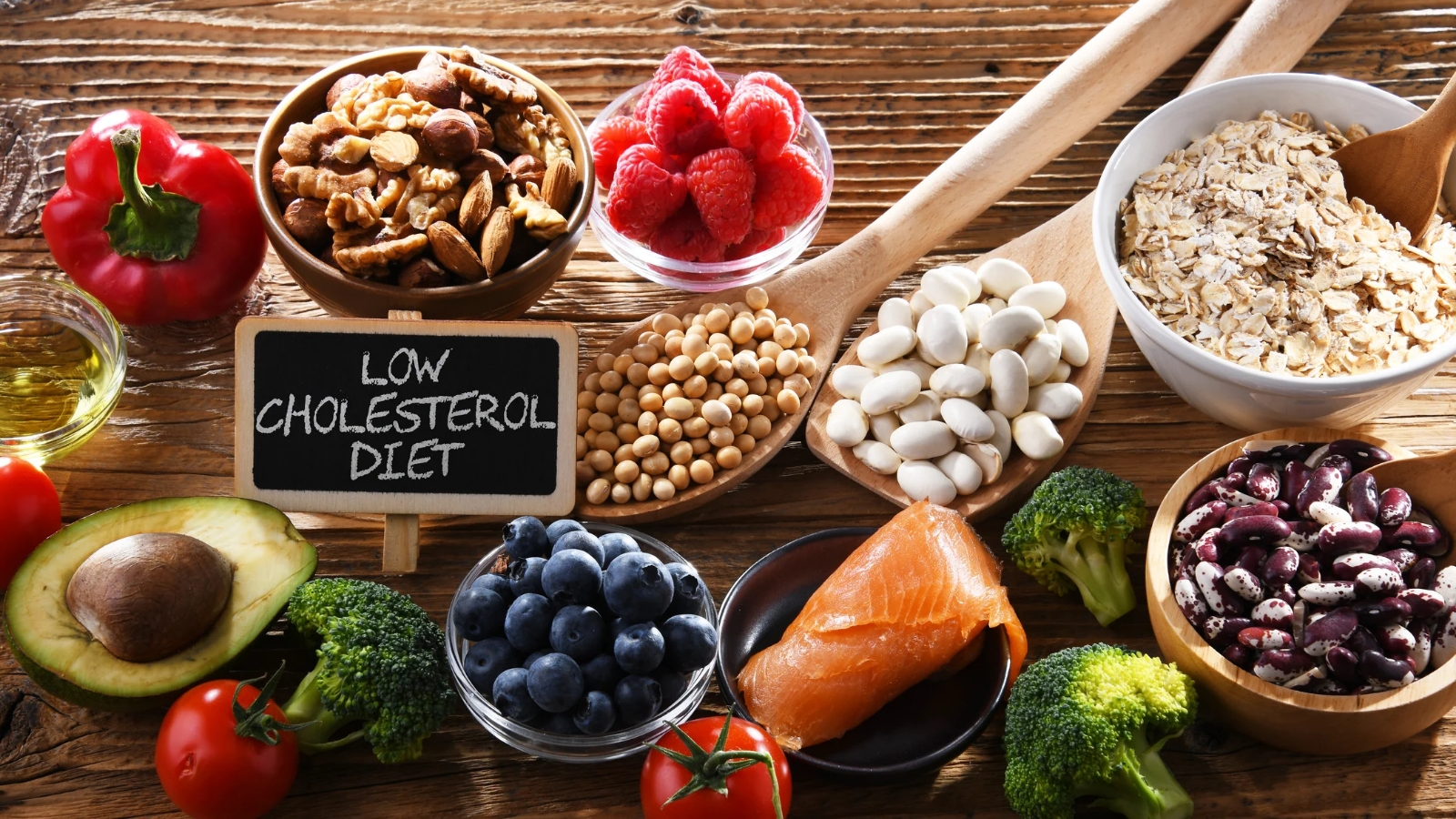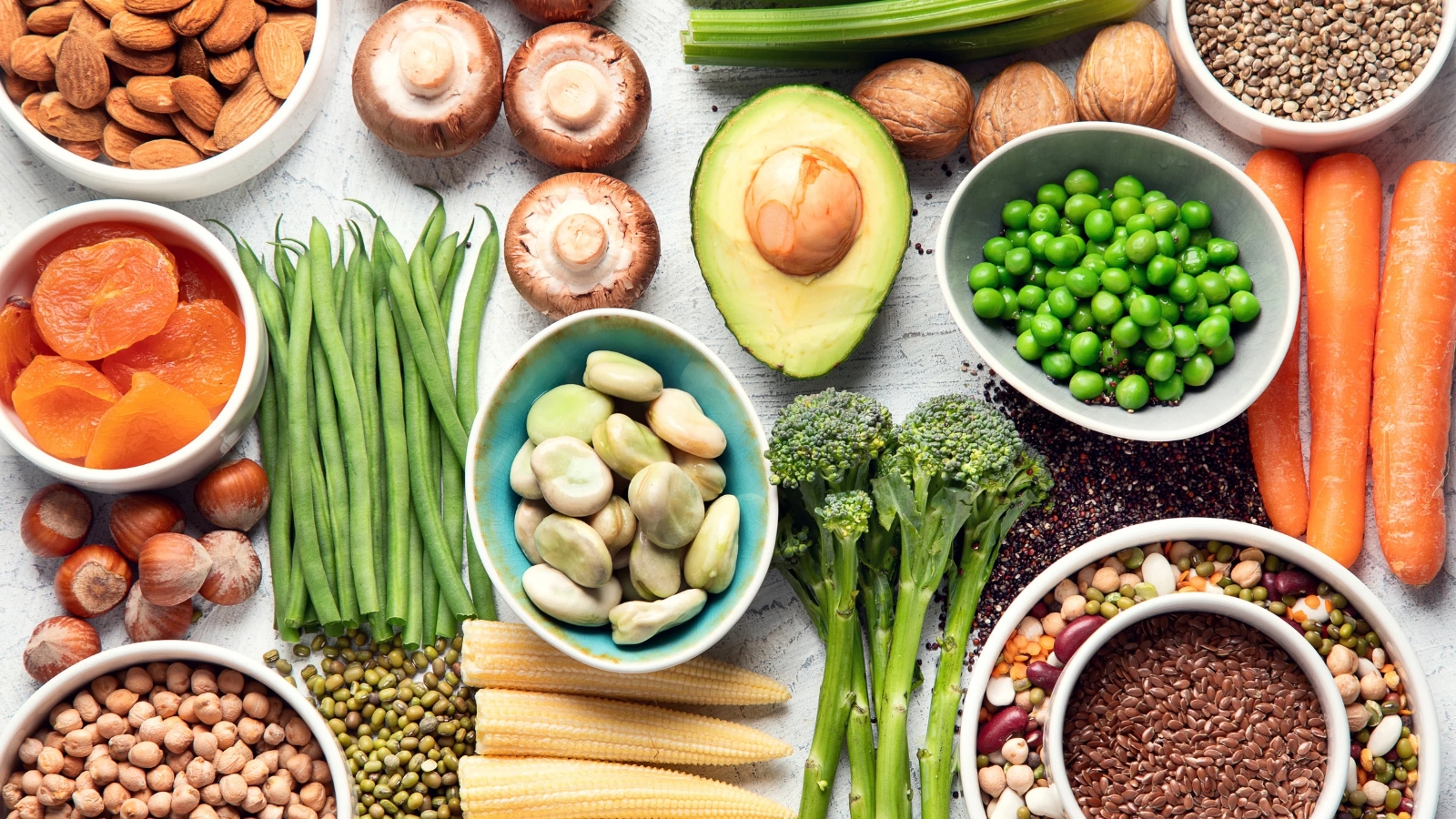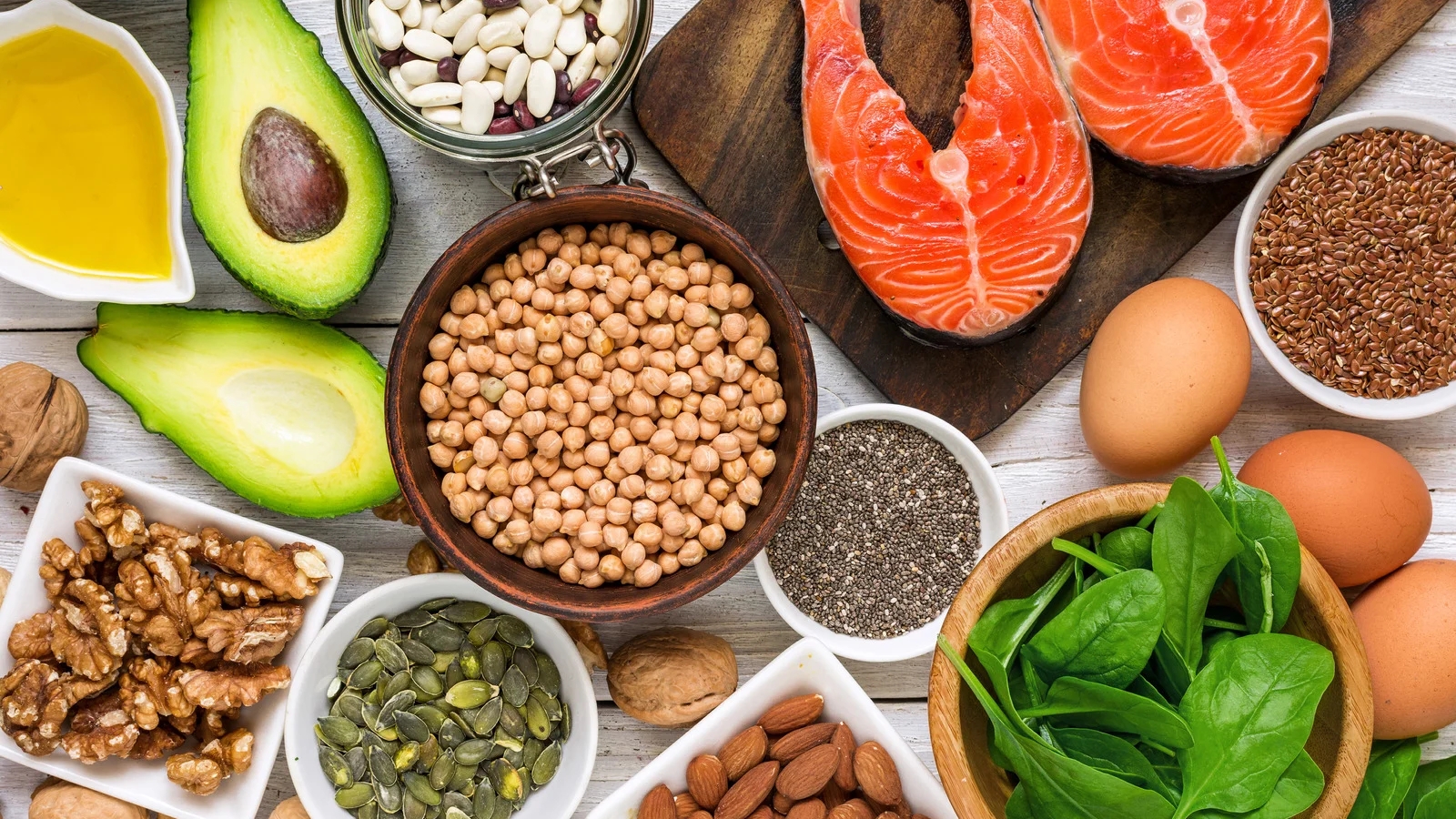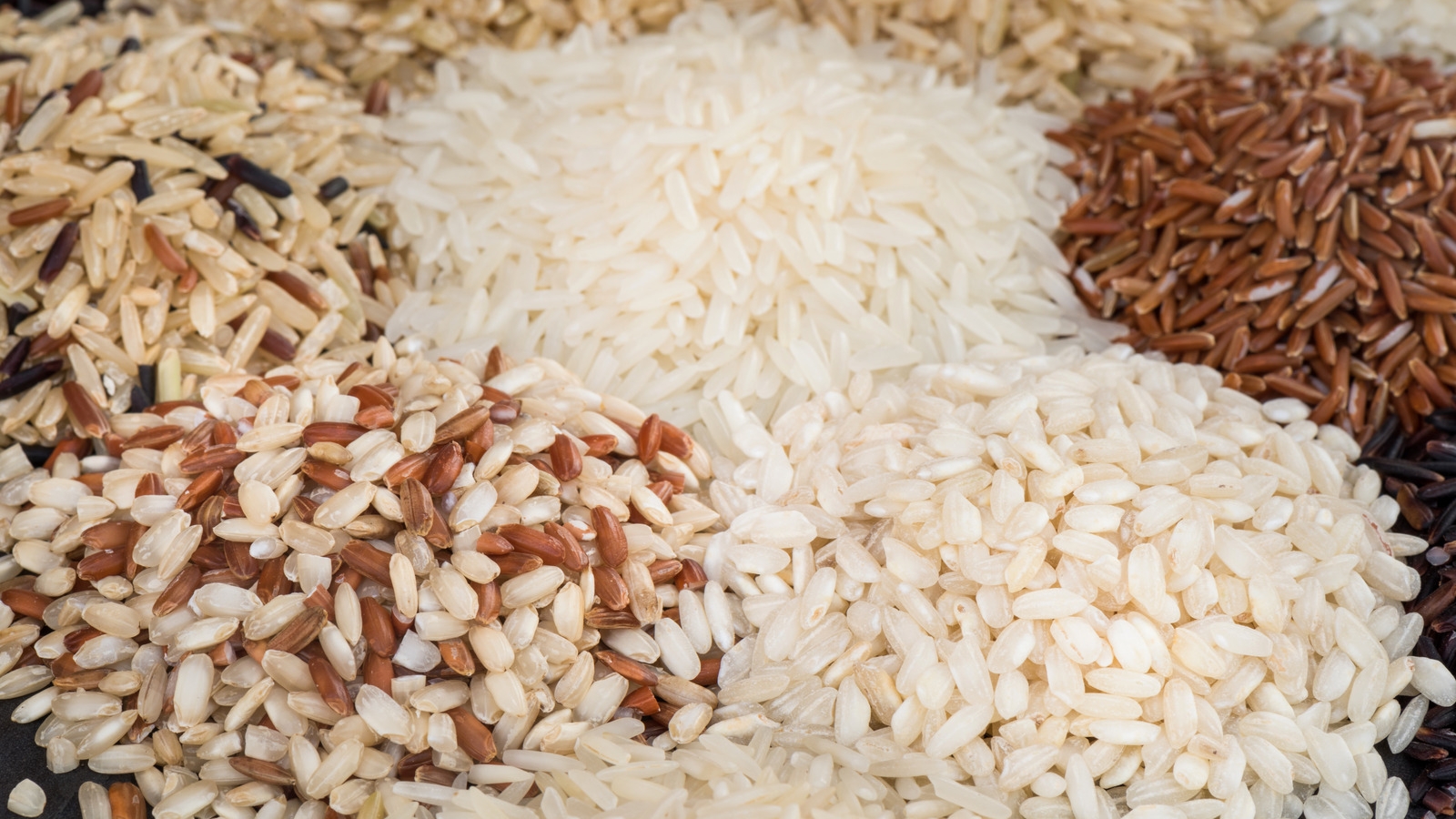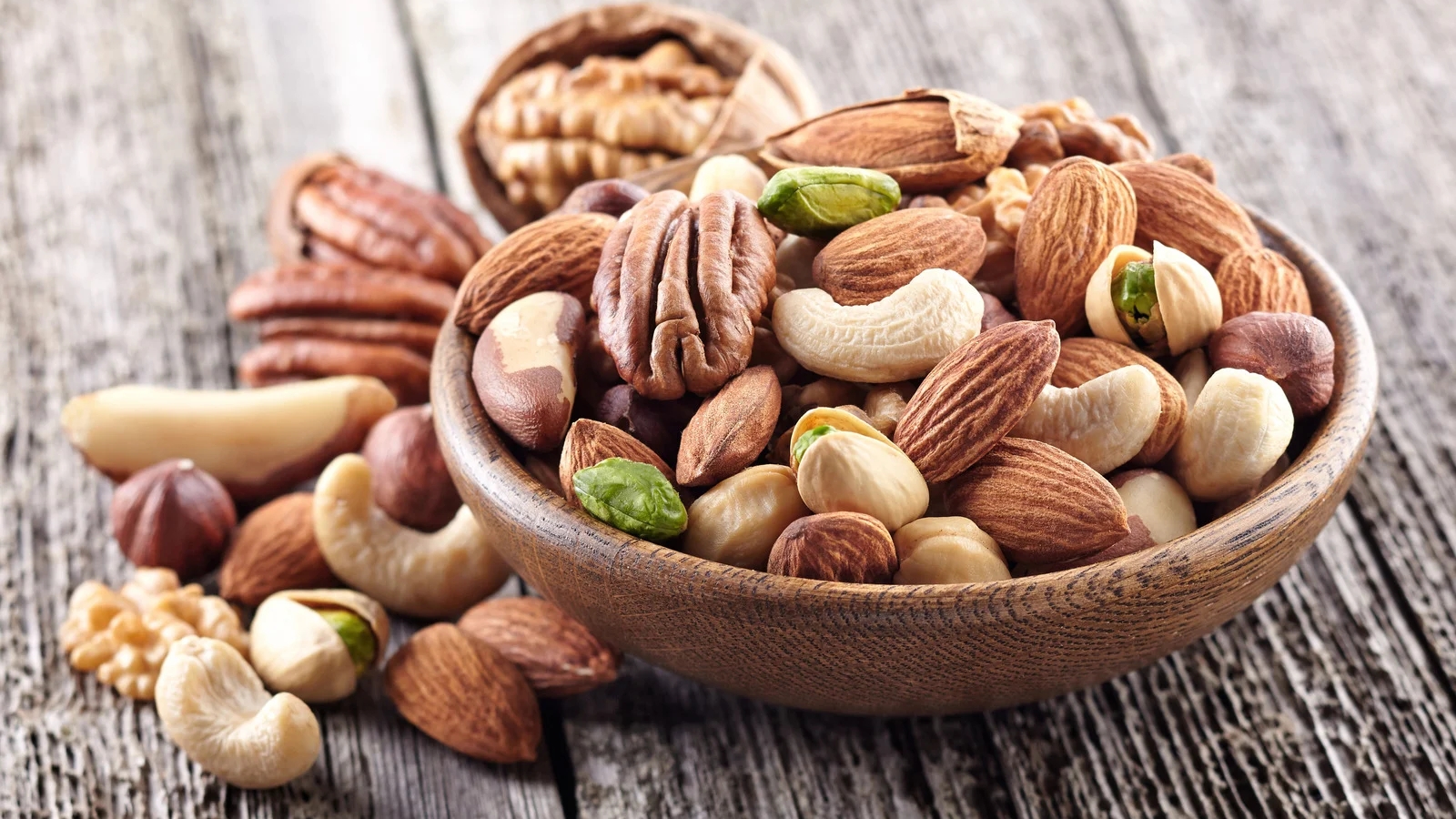Cholesterol is a waxy substance that your body uses to build cells. It becomes a concern when levels of LDL, often referred to as “bad” cholesterol, rise too high. This can increase the risk of heart issues over time.
You don’t always need medication to lower your cholesterol. Your food choices play a big part in how your body manages cholesterol levels. In this article, you’ll learn how to use specific foods and habits to help lower cholesterol naturally and support better heart health.
By making minor adjustments to your meals and snacks, you can support your health without cutting flavor or spending more. These changes are easy to apply in everyday routines.
Focus On Soluble Fiber
Soluble fiber binds with cholesterol in your digestive system and helps remove it from the body. You’ll find it in fruits, vegetables, legumes, and certain grains.
Foods high in soluble fiber include:
- Oats and oat bran
- Apples, pears, and citrus fruits
- Beans and lentils
- Ground flaxseed
- Carrots and Brussels sprouts
Aim for at least 5 to 10 grams of soluble fiber per day. Starting your morning with oatmeal is an easy way to meet that goal.
Eat More Healthy Fats
Not all fats are harmful. Replacing saturated fats with healthier fats can help improve your cholesterol balance. Unsaturated fats support heart health and can raise HDL, the “good” cholesterol.
Sources of heart-healthy fats include:
- Avocados
- Nuts like almonds and walnuts
- Olive oil and canola oil
- Fatty fish like salmon, mackerel, and sardines
Cook with oils instead of butter, and add avocado slices or a handful of nuts to meals for extra nutrition.
Add Plant-Based Proteins
Animal fats can raise LDL cholesterol. Using plant-based proteins instead helps lower cholesterol and adds nutrients to your diet.
Try these options:
- Lentils and chickpeas
- Tofu and tempeh
- Edamame
- Black beans and pinto beans
- Quinoa and brown rice
Swap out meat a few times a week with a plant-based dish. Even small changes can make a difference over time.
Include Omega-3 Fatty Acids
Omega-3s help reduce triglycerides and support healthy arteries. Your body does not make these fatty acids, so you need to get them from food.
Good sources of omega-3s:
- Fatty fish (salmon, tuna, mackerel)
- Chia seeds
- Flaxseeds
- Walnuts
Try eating fish twice per week or sprinkle chia seeds on yogurt, salads, or smoothies.
Limit Saturated And Trans Fats
Saturated fats can raise LDL levels. Trans fats do the same and also lower HDL, the “good” cholesterol. Reducing both types helps lower overall cholesterol risk.
To reduce intake:
- Read food labels for trans fats or “partially hydrogenated oils”
- Choose lean cuts of meat and remove visible fat
- Avoid packaged snacks, fried foods, and fast food
- Use less butter and cream in cooking
Cook at home more often so you have control over the ingredients.
Choose Whole Grains Over Refined Grains
Whole grains contain more fiber, which helps lower cholesterol. Refined grains lose their outer layers during processing, removing most of the fiber.
Whole grains to eat:
- Brown rice
- Quinoa
- Barley
- Whole wheat bread and pasta
- Steel-cut oats
Switching your bread, cereal, and pasta to whole-grain versions is a simple upgrade with significant benefits.
Snack Smarter
Snacks are often where unhealthy fats and sugar sneak in. Choose snacks that support your heart instead of harming it.
Heart-friendly snacks:
- A small handful of almonds or walnuts
- Sliced apples with peanut butter
- Air-popped popcorn without butter
- Hummus with raw veggies
- Low-fat Greek yogurt with berries
Keep these items ready so processed snacks are less tempting to you.
Cut Back On Sugar
Too much sugar may raise triglyceride levels and contribute to weight gain. Both can impact your cholesterol numbers.
To reduce added sugar:
- Choose unsweetened drinks
- Skip sugary cereals
- Limit desserts to small portions
- Use fruit to sweeten oatmeal or yogurt
Check labels for added sugars and aim to keep your intake low throughout the day.
Stay Hydrated With Healthy Drinks
What you drink also affects your cholesterol and overall health. Some drinks can help, while others may do more harm than good.
Good drink choices:
- Water with lemon or cucumber
- Herbal teas like green tea or hibiscus
- Low-sugar smoothies with oats, fruit, and flaxseed
- Plant-based milk, like oat or almond
Avoid sugary sodas, energy drinks, and full-fat dairy when possible.
Plan Meals Ahead
Meal planning helps you stay consistent with healthy choices. It reduces the chance of grabbing fast food or skipping meals.
To plan smarter:
- Prepare bulk meals with beans, vegetables, and whole grains
- Use shopping lists based on heart-healthy foods
- Cook a few meals ahead on weekends
Keep healthy snacks and smoothie ingredients ready. A little planning makes it easier to stick with good habits throughout the week.
Combine Food With Lifestyle Habits
Food works best when combined with movement, stress control, and good sleep. Together, these habits help your body manage cholesterol better.
Consider:
- Walking or light exercise most days
- Keeping a regular sleep routine
- Practicing simple breathing or stretching to lower stress
A well-rounded approach brings steady results.
Conclusion
Lowering cholesterol through food is realistic and sustainable. You can start with small steps like adding more fiber, choosing healthy fats, and cutting back on processed foods.
These changes don’t require extreme diets or strict rules. Over time, they help support your heart and improve your health. Stick with simple, balanced meals that you enjoy, and you’ll stay on track.

